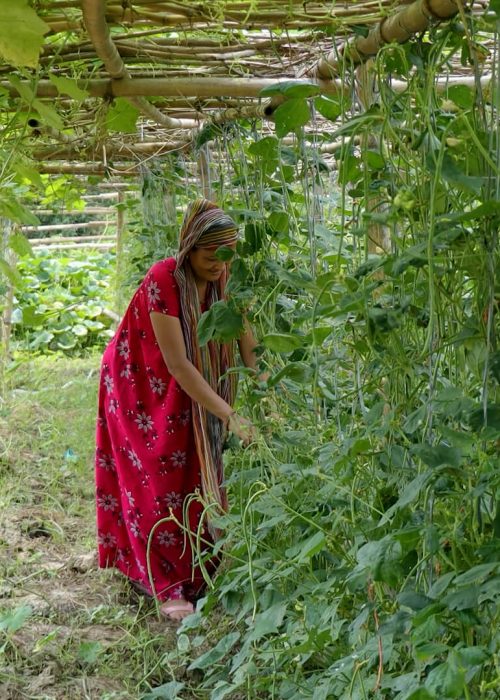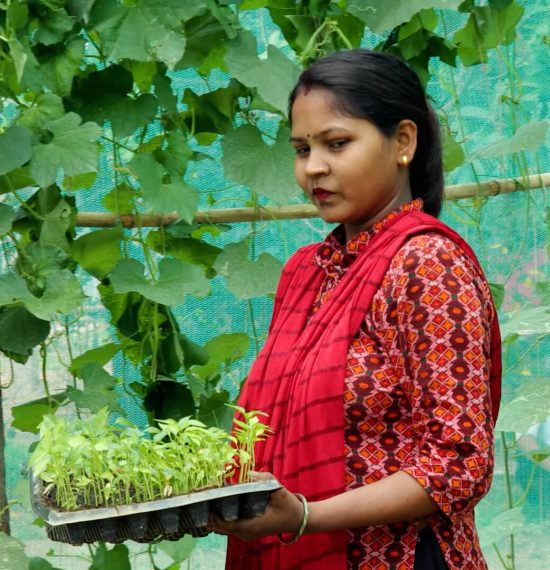Agriculture, Livelihood, Food security and Economic development
Agriculture, Livelihood, Food Security and Economic Development

Agriculture refers to the cultivation of plants and animals for food, fiber, and other products, forming the backbone of many economies, especially in developing countries like Nepal. Livelihood encompasses the means of securing the necessities of life, including income-generating activities, skills, and social assets. Food Security exists when all people, at all times, have physical and economic access to sufficient, safe, and nutritious food to meet their dietary needs and food preferences for an active and healthy life. Finally, Economic Development involves sustained actions that lead to improvements in the economic well-being and quality of life for a community or nation, often characterized by growth in income, employment, and living standards. These concepts are deeply intertwined: a thriving agricultural sector supports livelihoods, which in turn enhances food security and contributes significantly to overall economic development.
Globally, agriculture faces challenges from climate change, resource depletion, and market fluctuations, while the push for sustainable livelihoods and zero hunger (SDG 2) remains paramount. Many countries aim for inclusive economic growth that reduces poverty and inequality. In Nepal, agriculture is the primary livelihood source for a significant portion of the population, often characterized by small-scale, subsistence farming vulnerable to climate variability, market access issues, and limited technology adoption.
Despite improvements, food insecurity persists in remote areas due to low productivity, poor infrastructure, and seasonal availability. The national agenda focuses on modernizing agriculture, diversifying livelihoods, improving food security through various programs, and achieving broader economic development by promoting value chains, entrepreneurship, and rural economic opportunities, as outlined in national development plans and sector-specific strategies.
Find out what we did
SIAN plays a transformative role by implementing integrated programs that address these interconnected areas from a grassroots level. This includes promoting climate-smart agriculture techniques (e.g., drought-resistant crops, improved irrigation) to enhance productivity and resilience, and supporting livelihood diversification through skill-building, vocational training, and entrepreneurship development for off-farm income generation. To improve food security, it promotes nutrition education, support local food systems, and strengthen food supply chains. For broader economic development, they can facilitate market linkages for smallholder farmers, assist in building Community Business Facilitators, and advocate for policies that create an enabling environment for rural enterprises, thereby fostering sustainable and inclusive growth within vulnerable communities.


